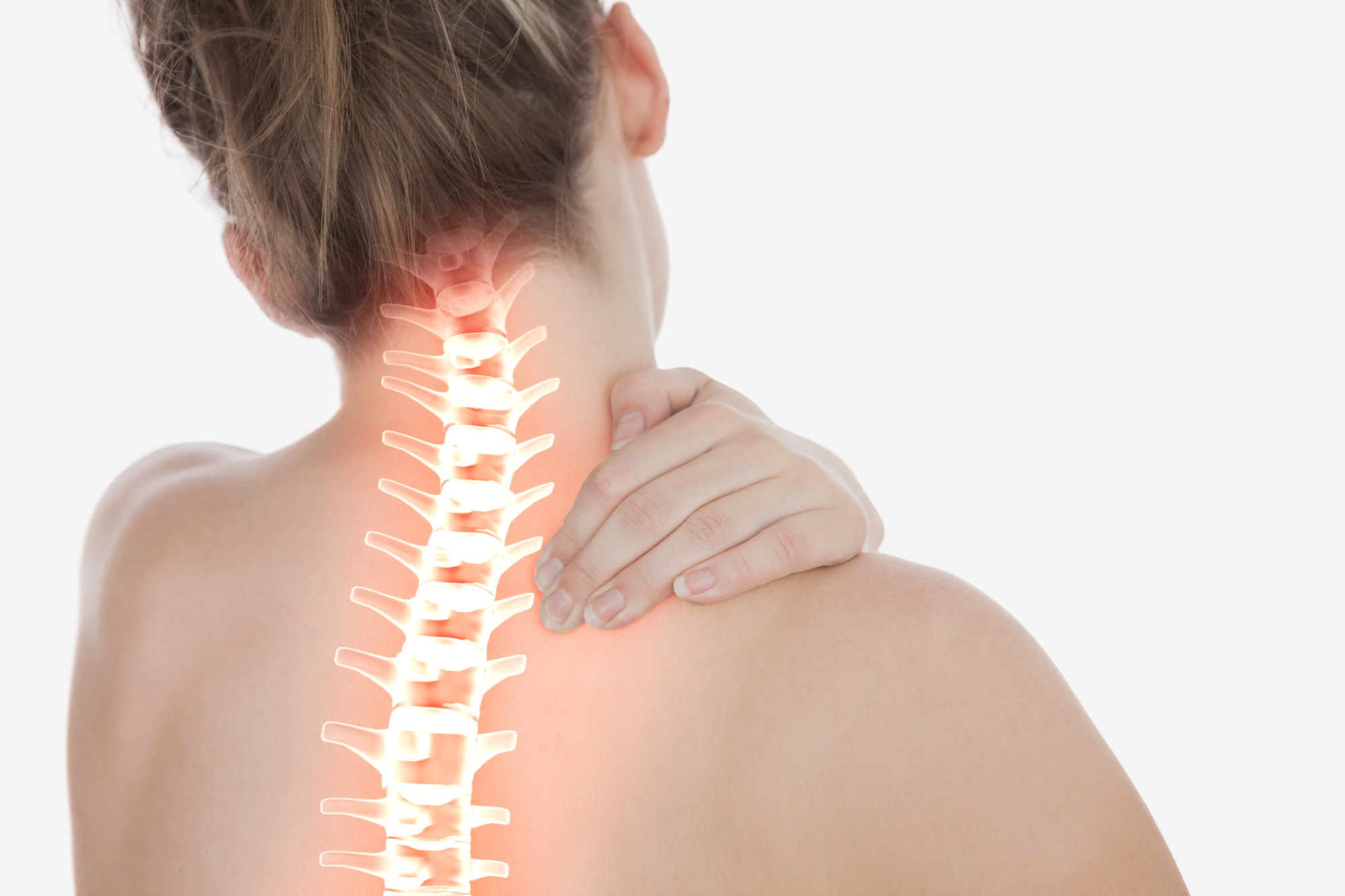

Addressing your neck pain
Physiotherapy is the quickest and most effective way to treat neck pain. A physio will help you identify the cause of your neck pain and establish a treatment plan to both heal your current situation and prevent it from happening again.
Common causes of neck pain are bad posture, muscle imbalances, injury, other medical conditions, sleeping in an awkward position. over- exhertion or even dehydration.
If you need a physio for sciatica or a physio for neck pain, finding the right person quickly can literally get you back on your feet right away.
What are the common neck injuries?
Here are some of the common neck injuries :
Neck Strain: This is a common injury that occurs when the muscles and tendons in the neck are stretched or torn due to overuse, sudden movements, or excessive force. It can cause localized pain and discomfort.
Whiplash: Whiplash is often associated with car accidents, but it can result from any sudden jerking motion of the head and neck. It can lead to muscle strains, ligament sprains, and other soft tissue injuries in the neck, often causing pain and stiffness.
Muscle Spasms: Muscle spasms in the neck can occur due to various reasons, including overexertion, dehydration, or muscle imbalances. These spasms can lead to sharp, involuntary contractions of the neck muscles.
Cervical Myofascial Pain Syndrome: This condition involves the development of trigger points or knots in the neck muscles. These trigger points can be painful and can cause referred pain in other areas of the body.
Wry Neck: Torticollis or wry neck is defined by the involuntary contraction of neck muscles, leading to the head being tilted to one side. It can be congenital or acquired and can result from muscle injuries or spasms.
Cervical Dystonia: Also known as spasmodic torticollis, this is a neurological condition that causes involuntary muscle contractions in the neck, resulting in abnormal head and neck movements.
Cervical Muscle Tears: Severe muscle injuries can sometimes result in muscle tears in the neck. These tears can be painful and may require medical attention..
Neck Muscle Imbalances: Chronic muscle imbalances, where certain neck muscles are stronger or weaker than others, can lead to chronic pain and discomfort in the neck.
Stress-Related Tension: Prolonged stress can lead to muscle tension in the neck and shoulders, which can result in pain and stiffness.
